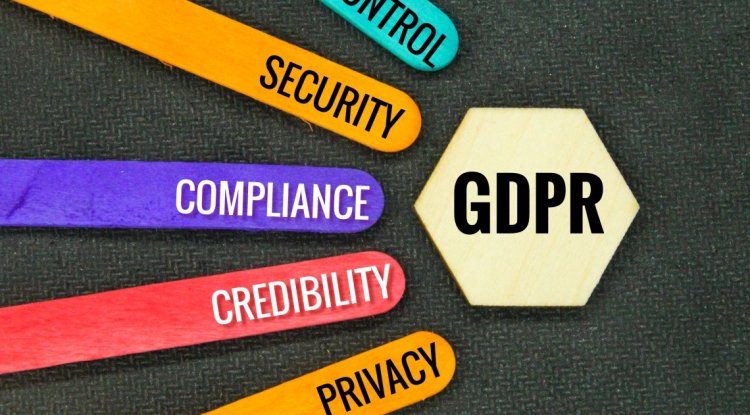Revealing Your Supply Chain: The Ethics of Transparent Sourcing
Explore the ethical implications of transparent sourcing in supply chains. Learn how businesses can foster trust, promote sustainability, and mitigate risks through open and accountable practices.

In today's interconnected world, supply chains have grown increasingly complex, traversing multiple geographical regions and involving numerous stakeholders. As a result, the concept of transparent sourcing has emerged as a critical ethical consideration for businesses. Transparent sourcing refers to the practice of openly sharing information about the origin, processes, and practices of the components that make up a product's supply chain. In this article, we delve into the ethical dimensions of transparent sourcing, its benefits, and a case study highlighting its significance.
The Ethics of Transparent Sourcing
Transparent sourcing is rooted in the principles of accountability, responsibility, and sustainability. Businesses that embrace transparent sourcing are committed to disclosing relevant information about their supply chains, ensuring that every link in the chain adheres to ethical and environmental standards. This approach fosters trust among consumers and stakeholders, who are increasingly demanding greater visibility into the products they purchase.
Benefits of Transparent Sourcing
-
Trust Building: Transparent sourcing instills confidence in consumers, showcasing a commitment to fair labor practices, environmental protection, and product quality.
-
Risk Mitigation: By identifying potential risks in the supply chain, businesses can proactively address issues and minimize disruptions.
-
Sustainability Promotion: Transparent sourcing encourages sustainable practices, reducing the environmental footprint of the supply chain.
-
Competitive Advantage: Businesses that prioritize transparency differentiate themselves in the market, attracting ethically conscious consumers.
Case Study: Empowering Communities through Transparent Sourcing
In my journey, I came across a remarkable case study that exemplifies the transformative power of transparent sourcing. A fashion brand decided to trace the entire supply chain of its garments, from raw materials to production and distribution. By partnering with local artisans, the brand ensured fair wages and safe working conditions. This initiative not only empowered the local community but also resonated with consumers, leading to increased brand loyalty and positive social impact.
Implementing Transparent Sourcing
To achieve transparent sourcing, businesses must take the following steps:
-
Supply Chain Mapping: Thoroughly understand the supply chain, identifying potential ethical and environmental concerns.
-
Stakeholder Engagement: Collaborate with suppliers, partners, and customers to establish shared values and goals.
-
Data Sharing: Make relevant supply chain data accessible to consumers and stakeholders through various communication channels.
-
Continuous Improvement: Regularly assess and update sourcing practices, aiming for higher levels of transparency and sustainability.
Conclusion
Transparent sourcing is more than a business strategy; it is a commitment to ethical practices and responsible stewardship. By revealing the intricacies of their supply chains, businesses can build trust, promote sustainability, and mitigate risks. Through efforts like the case study mentioned above, we witness the profound positive impact that transparent sourcing can have on both communities and bottom lines. As we move forward, embracing transparency becomes not only an ethical imperative but also a strategic advantage in a conscientious marketplace.
About Myself
I am Raghav Chugh, a seasoned professional with 8+ years of experience in Campaigns Planning and Execution and custom builds. With over 12 years of expertise in developing websites and custom portals in PHP with Backend MYSQL, I have contributed to numerous digital projects. My skills extend to SERVER Management (Linux, Windows, RDP, Rescue, TCP/Ip, HTTP, Putty, Dns management, Cloudflare, Dns Cluster), virtualization technologies, package and configuration management, and fundamental technologies like DNS, SFTP and FTP, SMTP, SNMP, LDAP, SSL, SSH, TCP, UDP, IP, RAID, TFTP, BOOTP, DHCP, Kerberos, and SMB and CIFS.
I have a track record of success in delivering exceptional results in digital marketing and technology projects, and my commitment to excellence is evident through my certifications, including three Marketo Certified Expert (MCE) credentials. Learn more about my journey and achievements on LinkedIn.
What's Your Reaction?




















